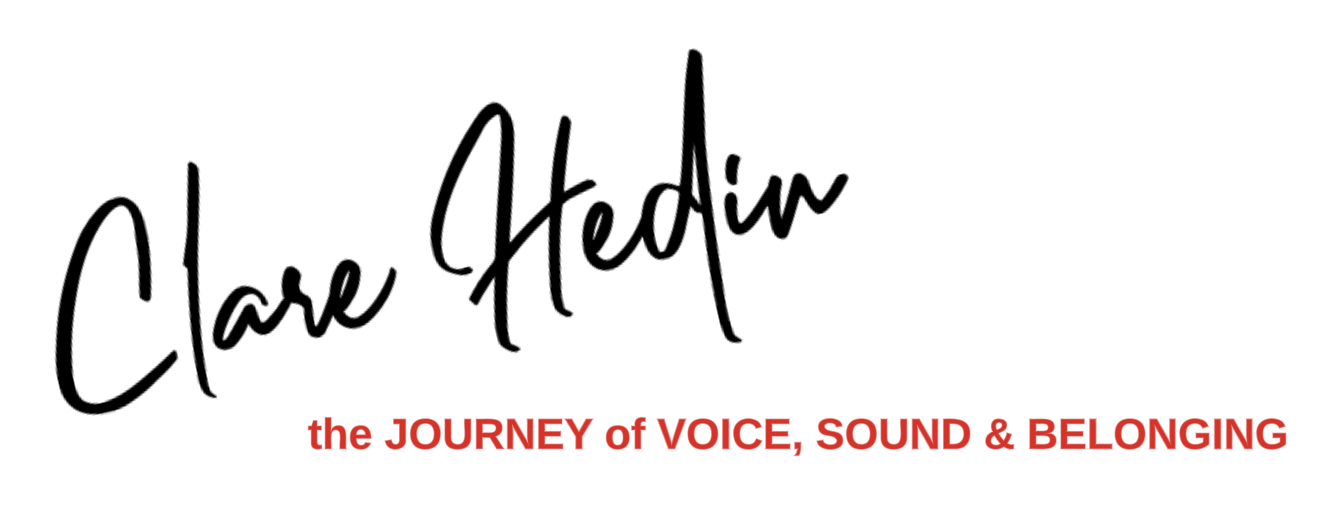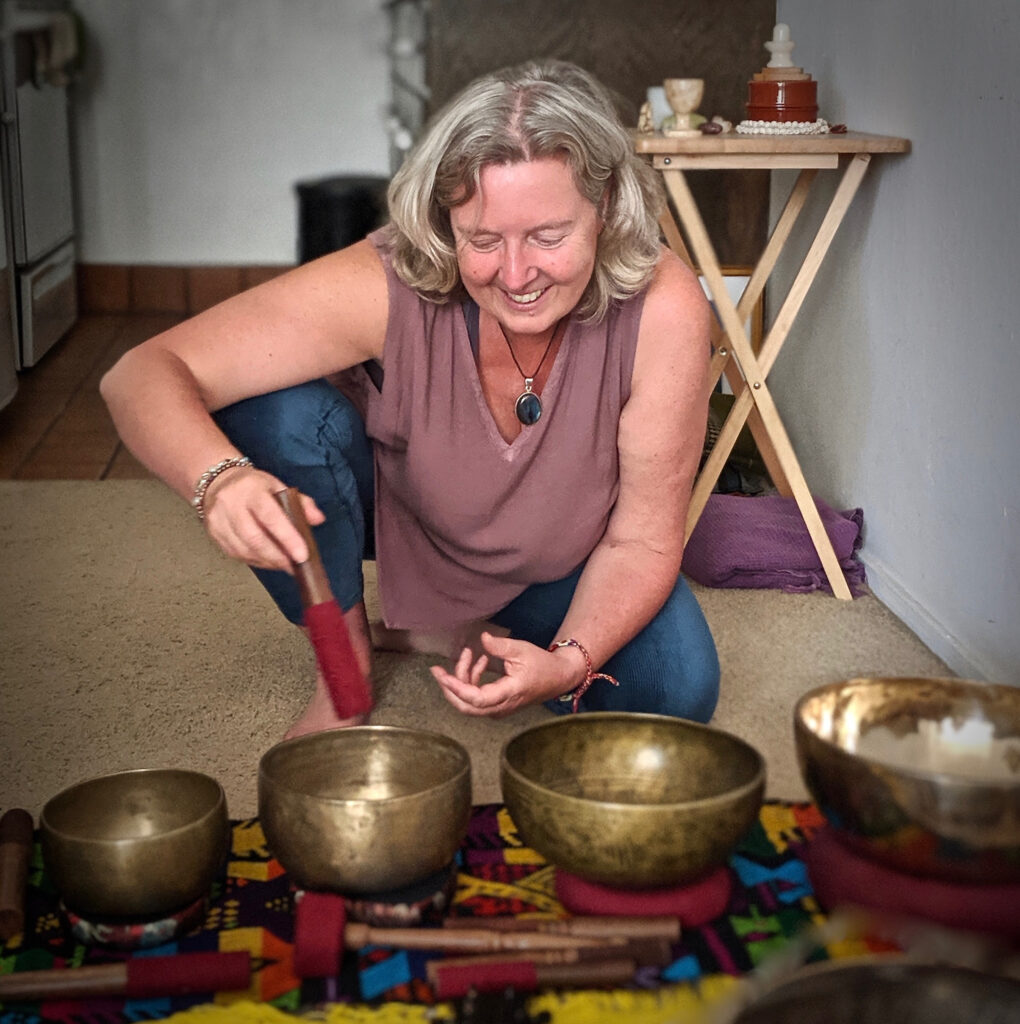Voice Student Resources
Singing:
If you are studying the use of your voice for singing then you’ll need some support outside of our sessions. These resources assume a beginner’s knowledge – pick and choose what you wish to know more about. This list will grow over time. Scales and theory vary around the world. One simple difference is that Western music tends to think in half and whole tones, and Eastern music in microtones. This boils down to mathematics and geometry – and expands into the music of the spheres.
Western Piano Scales: Piano Scales offers an insight and clear instructions on multiple genres of scales on a keyboard. It also offers scales from around the world – very comprehensive.
Eastern Scales: Nihals Matangi School of Arts offers many videos of Indian scales that you can practice singing along to. These scales create a beautiful sound with evocative intervals. Here is Lesson 1, sharing the scale of A in four increasing speeds. They give the example and then you sing, then they give another example, and you copy that, and so on.
Beginners Theory Books: Here are a few book resources that are wonderful for people who want to study theory from the beginning:
If you are studying theory, you will need a reference instrument, like a keyboard.
Keyboard: If you do not have a keyboard at home, then you may want to use this free online keyboard -it has a few easy-to-use features like a metronome and you can have it show the note names and solfege too. Even though you are not learning piano, this is a wonderfully visual layout of the notes that will help you ground your learning of intervals.
Public Speaking:
For public speaking, the only resource you need is yourself, and whatever exercises we work on together in our sessions!


